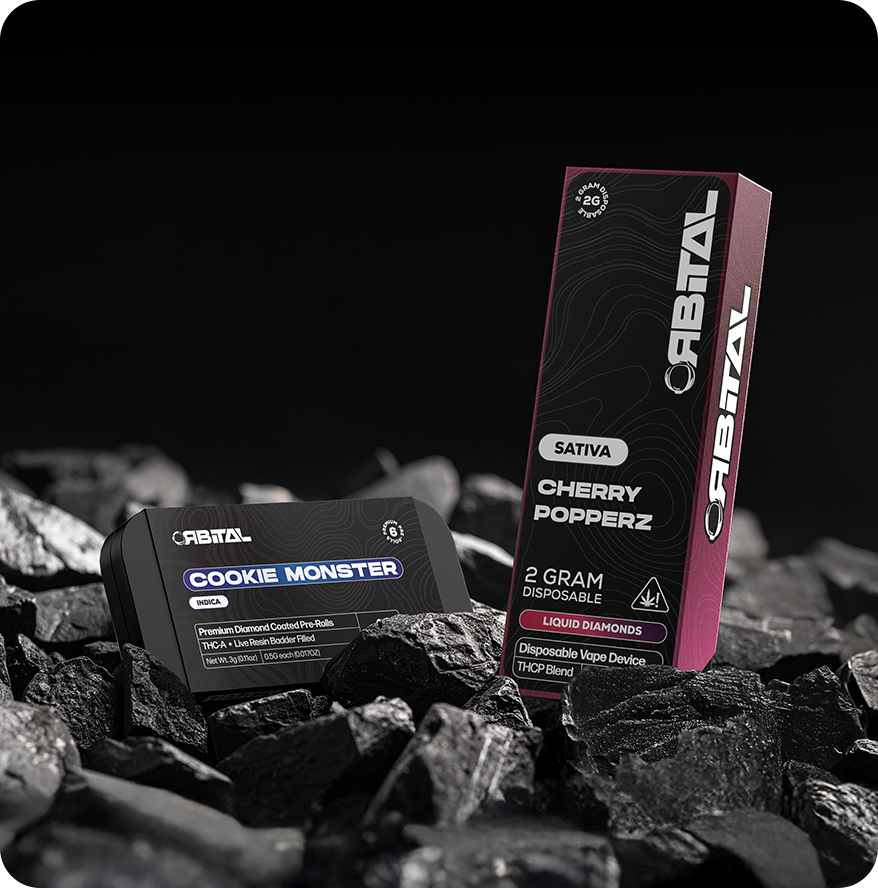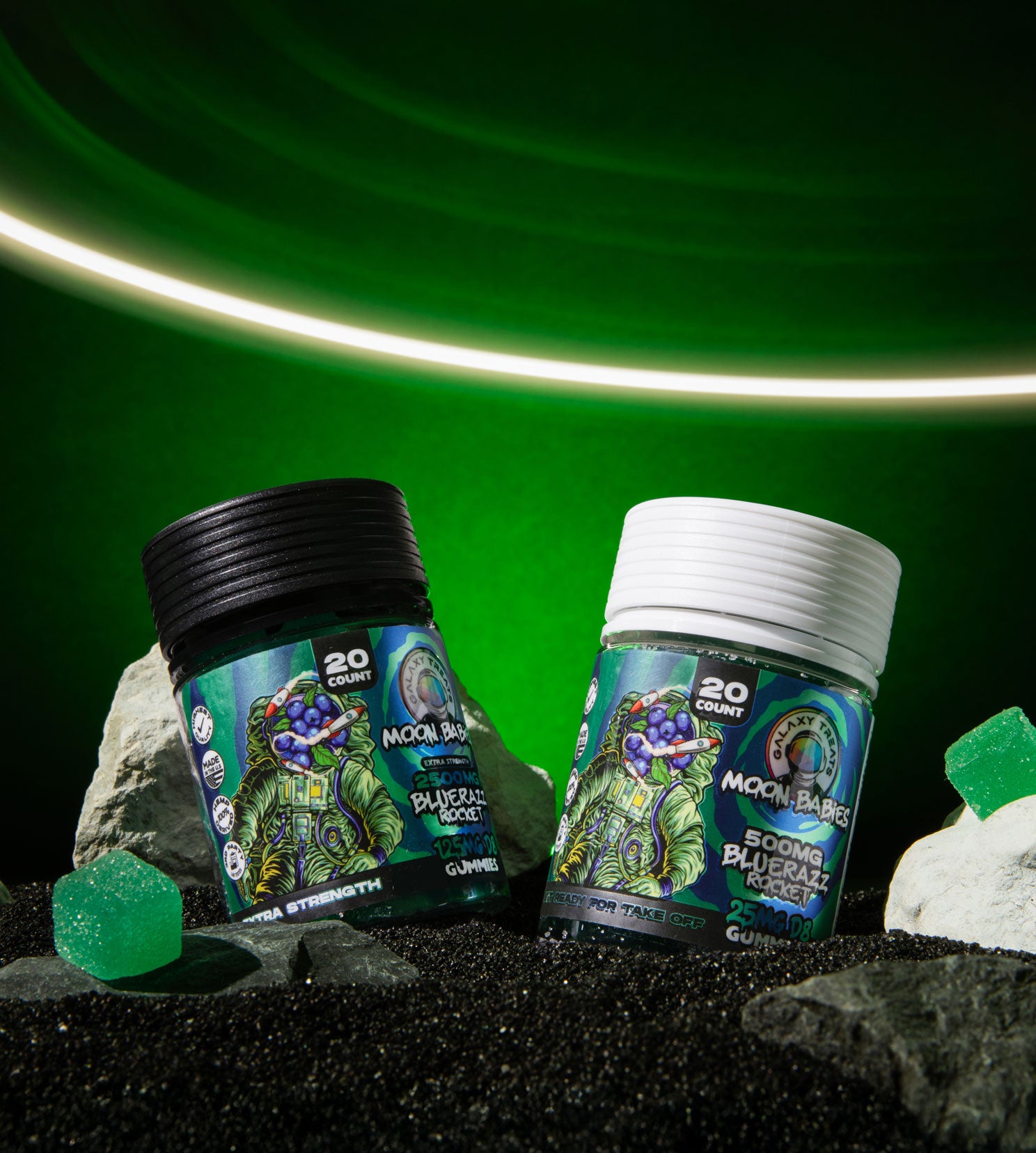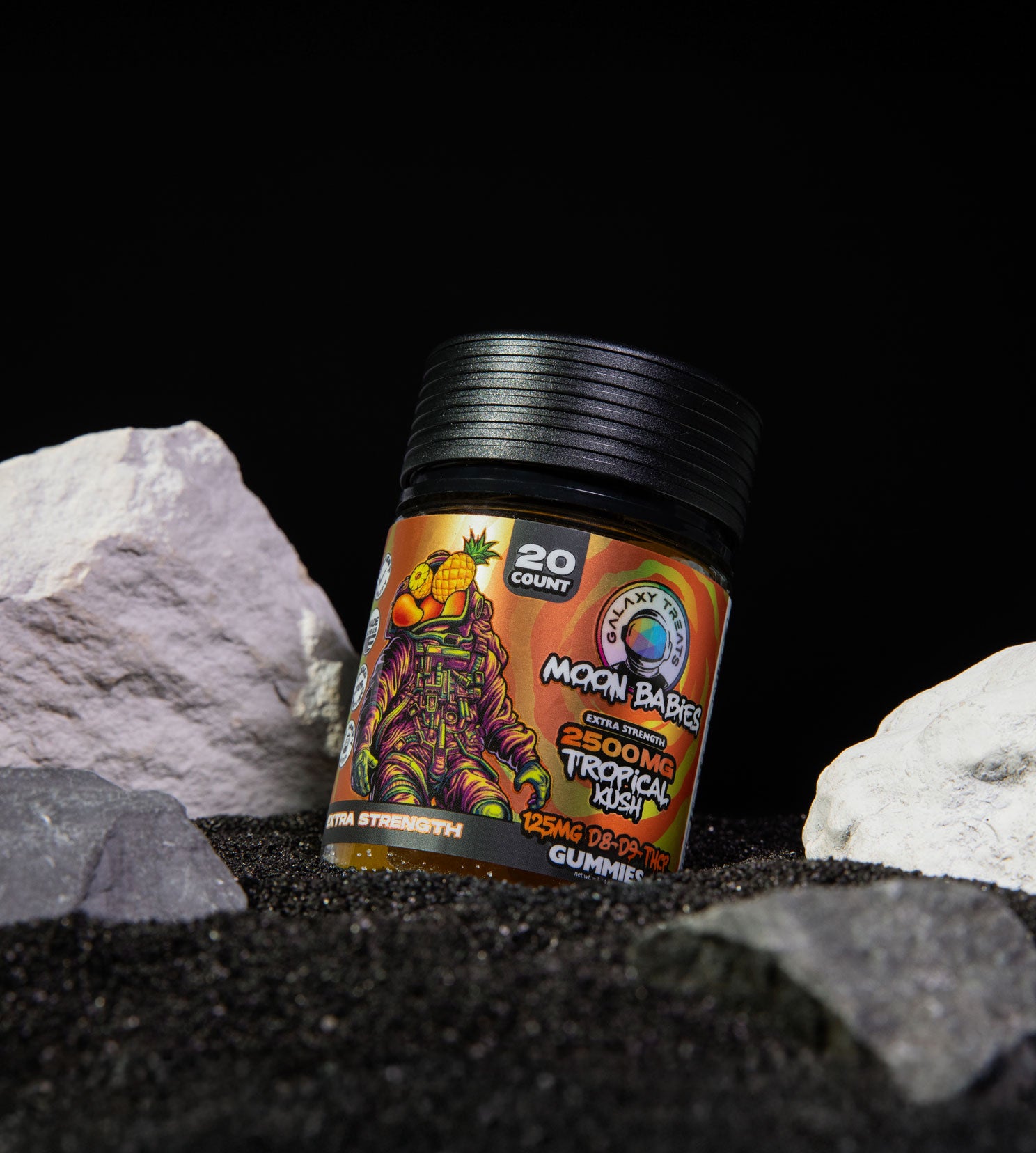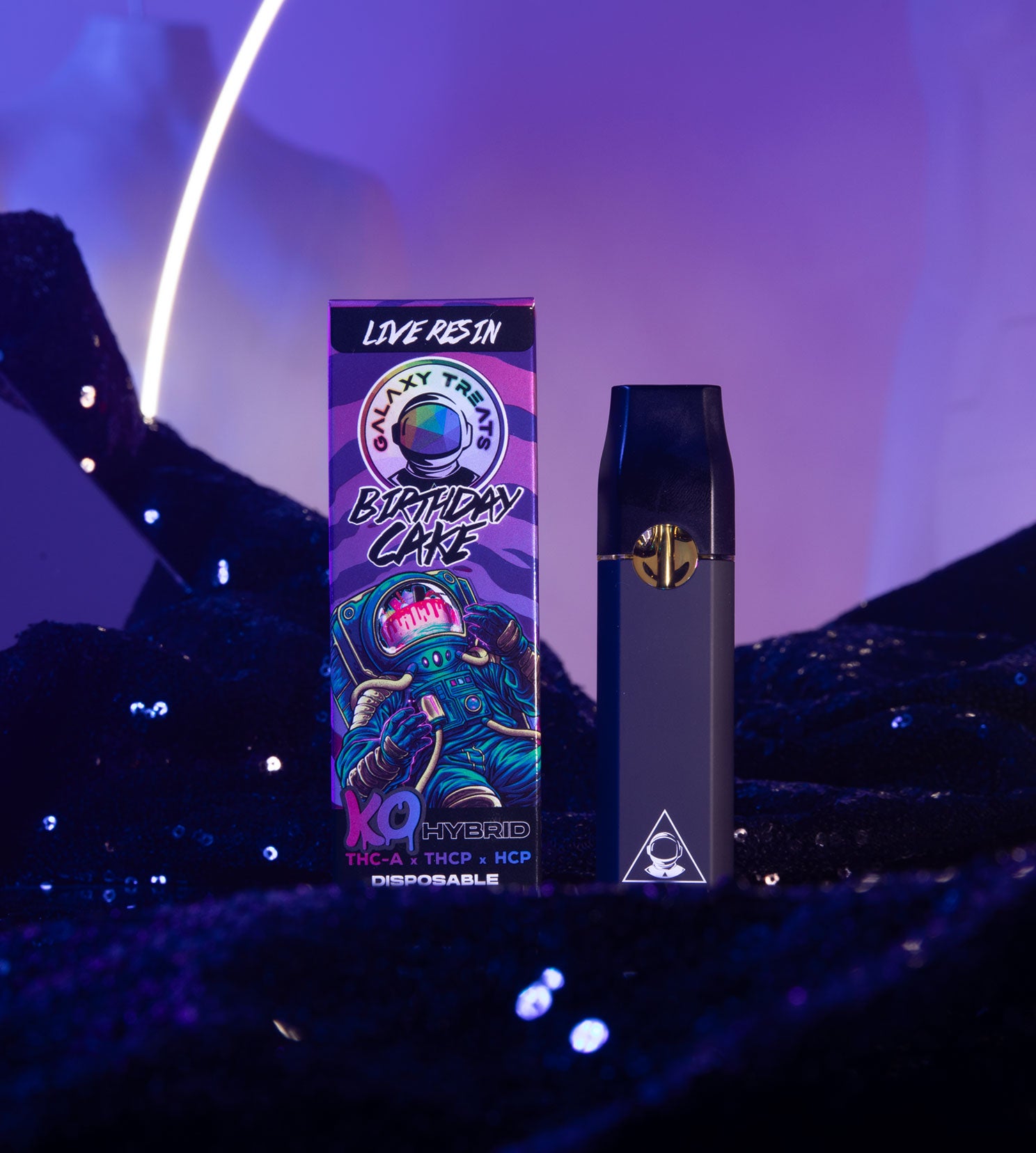What is THC-A? An Up-Close Look
THC-A is short for tetrahydrocannabinolic acid. This unique acidic cannabinoid is the THC precursor found in cannabis plant varieties, including hemp and marijuana plant. THC-A is not intoxicating in its acidic form, even though decarboxylation (heating to remove the acidic compound) will transform THC-A into delta-9 THC, which has psychoactive effects. Essentially, THC-A is only present in raw cannabis plants or in cannabis extracts that have not undergone exposure to heat. This is why if you eat cannabis raw, you will not experience euphoria. However, if you heat the cannabis flower—as you would with a lighter or perhaps a vaporizer—you will experience euphoria.
While THC-A is considered non-intoxicating, there may be some THC-A benefits to consider. Researchers are just getting started exploring THC-A because, for many years, the focus was placed on non-acidic THC forms like delta 9 THC.
Essentially, THC-A is only present in raw cannabis plants or in cannabis extracts that have not undergone exposure to heat. This is why if you eat cannabis raw, you will not experience euphoria. However, if you heat the cannabis flower—as you would with a lighter or perhaps a vaporizer—you will experience euphoria.
While THC-A is considered non-intoxicating, there may be some THC-A benefits to consider. Researchers are just getting started exploring THC-A because, for many years, the focus was placed on non-acidic THC forms like delta 9 THC.
Potential THC-A Benefits
It is important to note, the full therapeutic potential of THC-A is not wholly understood just yet. The bulk of cannabinoid research has been aimed at what was once thought to be "active" cannabinoids like delta-9. This is partly because there was an assumption that if a cannabinoid did not cause euphoria, it must not have any noteworthy effects. Of course, today, we know this to be far from the truth. One major benefit of THC-A is the fact that people can use it to take advantage of some of the desirable effects of delta-9 THC without intoxication. For example, a lot of people turn to delta-9 THC products to help with physical tension or discomfort. However, consuming delta-9 naturally means you also experience some level of intoxication, which can interfere with your day. By contrast, THC-A may offer the same therapeutic support without causing inebriation. Other THC-A benefits that are being examined include:
Other THC-A benefits that are being examined include:
- Targeting inflammation
- Offering neuroprotective qualities
- Providing a sense of calmness
- Alleviating nausea
What About THC-A Effects?
While the THC-A benefits are interesting, you may be curious about one important thing: how does THC-A make you feel? As unusual as it may seem, THC-A will not cause any level of euphoria or intoxication. Instead, most people claim that using this acidic form of THC only leads to a calm, relaxed state but leaves you with clear focus and no overwhelming sleepiness.THC-A FAQs
Is THC-A legal?
Much like other types of THC, THC-A is only legal if it is derived from hemp. And, even then, states have their own laws regarding the legality of hemp-derived THC products. For the most part, THC-A exists in a legal gray as long as the source is a plant that contains less than 0.3% THC on a dry weight volume based on the 2018 Farm Bill.How can you consume THC-A?
THC-A can be found in certain hemp-derived products. It is important to remember, once THC-A is heated, it will decarboxylate, which means it becomes delta-9 THC. Therefore, in order to consume THC-A and take advantage of THC-A effects, you must find a product that is infused with the cannabinoid like gummies or tinctures.What's the difference between THC-A and delta-8 THC?
THC-A and delta-8 THC (like the cannabinoid found in Bluerazz Rocket D8 Gummies) are both forms of THC. However, delta 8 THC is a non-acidic cannabinoid, and it is mildly intoxicating. Further, delta-8 THC is easier to find because it can be derived from hemp in larger quantities. Hemp only produces minimal amounts of THC, which means a lower quantity of THC-A as well.Will THC-A show up on a drug test?
THC-A does generate metabolites in the body that can be identical to the metabolites of THC. Therefore, THC-A would most likely show up on a drug test much the same as other THC products. How is THC-A different from THCP? THCP, which is in Blue Punch D8, D9, and THCP Gummies, is delta-9-tetrahydrocannabiphoral—another form of THC. THCP has a chemical makeup almost identical to delta-9 THC, and it is an intoxicating cannabinoid. In fact, many claim THCP is more potent than delta-9 THC at lower doses.







